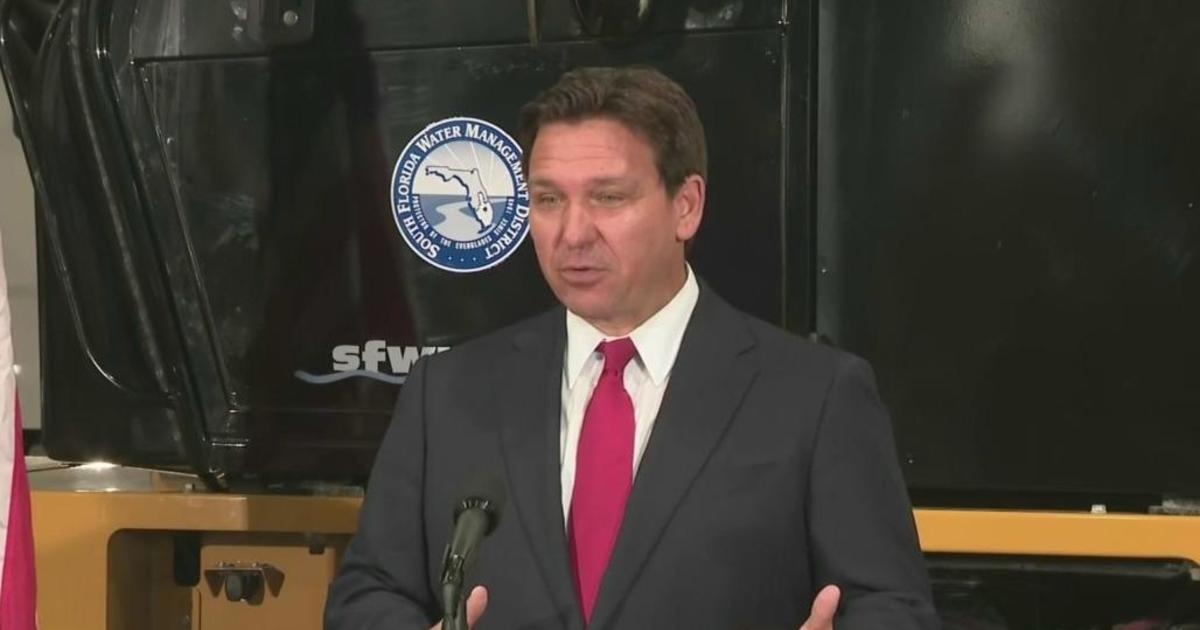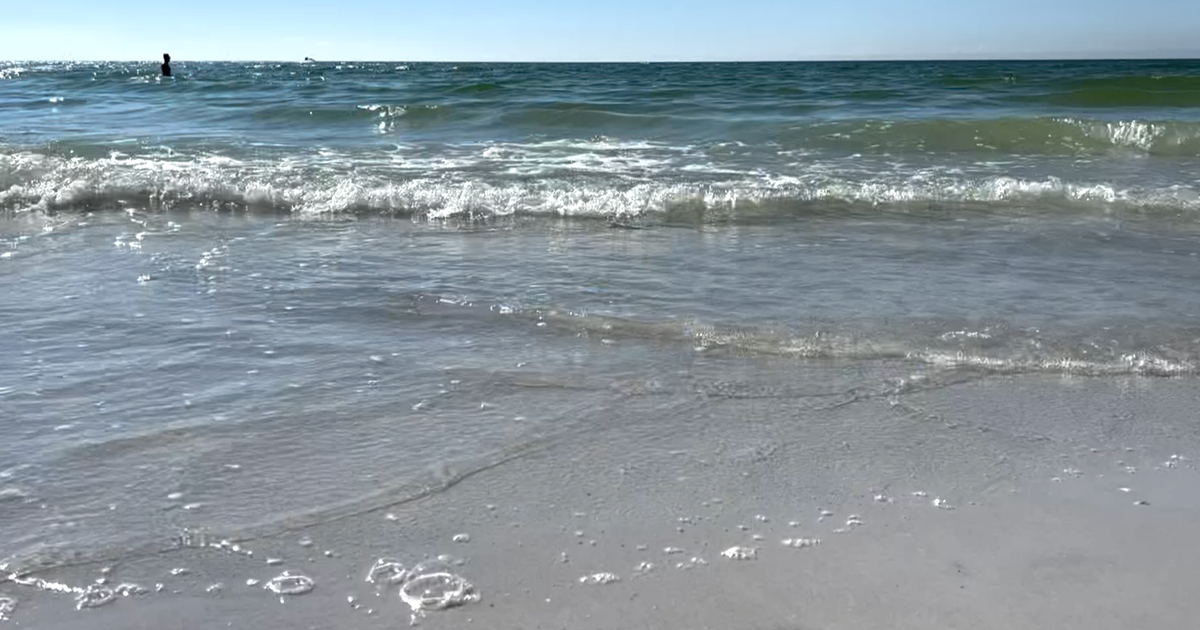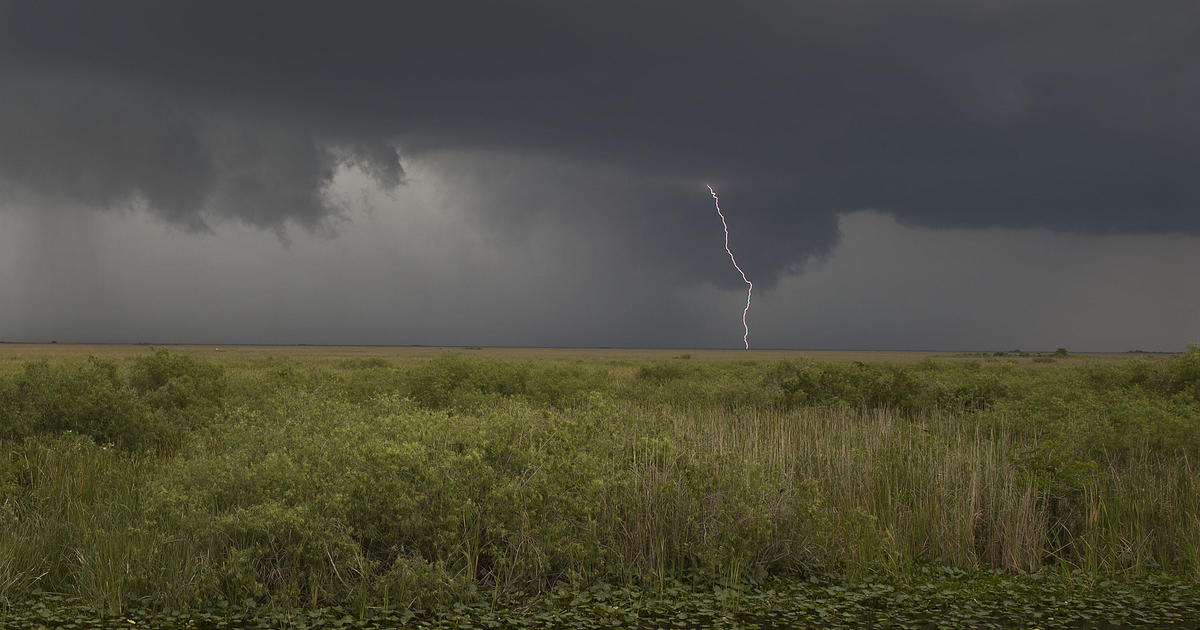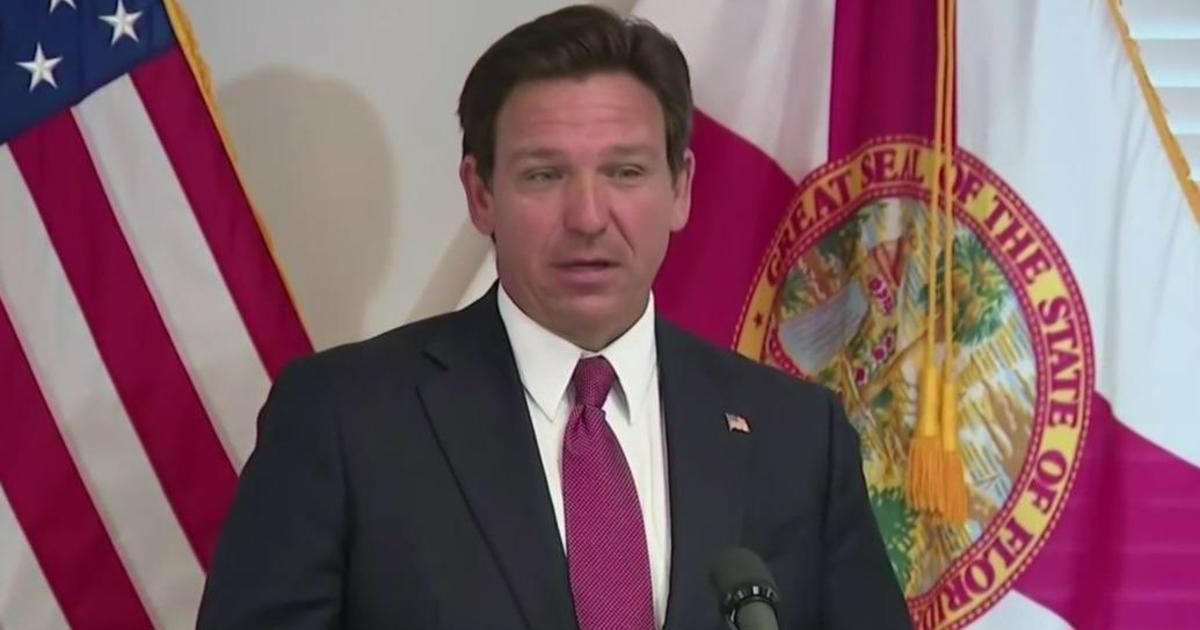Senate Removes Long-Term Funding From Ambitious Springs Plan
TALLAHASSEE (CBSMiami/NSF) - The Senate has drained a recurring pool of money from a measure intended to provide long term protection and management of the state's endangered natural springs.
The Senate sponsors of an ambitious springs proposal (SB 1576) on Tuesday stripped out a part of the plan designed to shift existing revenue from a tax on real estate transactions, estimated at up to $378 million a year, to the protection of waterways in Central and North Florida.
Instead, any money to help the springs in the next fiscal year will depend upon on-going budget negotiations between the House and Senate.
At a conference meeting Tuesday evening, the Senate proposed $22.3 million for springs protections in its agriculture funding package. The House has countered with $45 million.
"We're going to meet somewhere in the middle," Senate Appropriations Committee Chairman Joe Negron, R-Stuart, said before the committee signed off on the measure Tuesday.
Gov. Rick Scott has recommended $55 million, up from the $10 million that lawmakers set aside for springs last year.
Altamonte Springs Republican David Simmons, one of the sponsors of the Senate plan, said the bill still remains the "blueprint" for solving Florida's water crisis.
"This is a placeholder, this gets us started so we can begin the negotiations with the House of Representatives," Simmons said. "We will get that dedicated source of funding."
The funding source was considered a long-shot to begin with because the House has been chilly toward the fiscal proposal as well as some of the policy requirements in the Senate bill.
The Senate plan would require local governments within the state's most-prominent springs zones to enact ordinances dealing with fertilizers; require wastewater treatment plants to reduce the amount of nitrogen released in treated water; make state and local governments cover the cost of connecting residential properties to sewer systems where older septic systems are impacting area waters; and force agricultural operations to follow "best-management practices."
The senators behind the bill had spent months crafting their measure and removing the funding from the springs restoration plan drew concerns Tuesday from local government and business groups.
"Sixty percent of these first magnitude springs are in rural areas of critical economic concern," said Florida Association of Counties lobbyist Stephen James. "These are counties that are struggling badly. Populations are low. They're low income…And we're going to say now with these amendments, we're going to have these series of regulatory obligations for you, and we're going to have a timeline for you to achieve these things, and there is going to be no money."
Beyond what lawmakers earmark for the springs this year, future money flowing to springs projects could depend on Florida voters who will decide in November on a proposed constitutional amendment that would set aside funding for land conservation.
The Florida Water and Land Conservation Amendment seeks to set aside 33 percent of the state's documentary stamp tax revenues --- fees already paid when real estate is sold --- for 20 years to acquire conservation and recreation lands, manage existing lands, protect lands that are critical for water supply and restore degraded natural systems. Like all constitutional amendments, the proposal requires approval by 60 percent of voters to pass.
"The News Service of Florida's Jim Turner contributed to this report."



